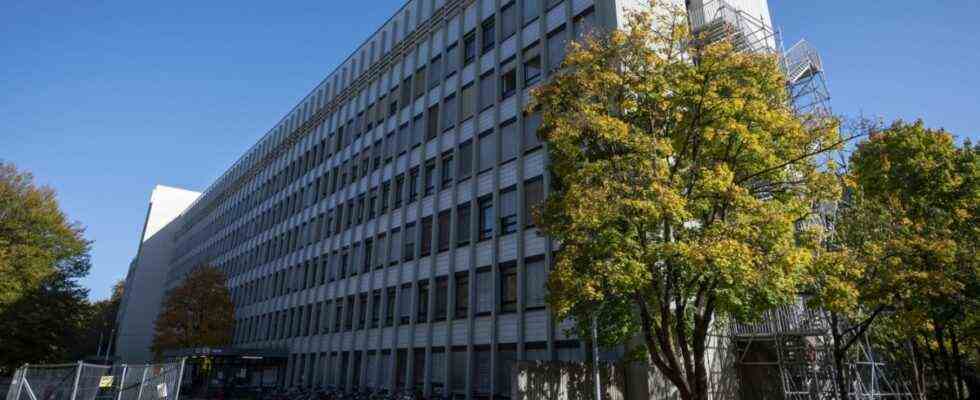The number of refugees coming to Munich has been decreasing for years. Currently around 3,000 people live in so-called decentralized facilities in the city and around 2,600 in state accommodation. For comparison: in 2016 around 10,000 people had to be accommodated. At the time, that pushed the city administration to the limits of its capacities, and hotel rooms were even rented at short notice so that people didn’t have to sleep on the street. The situation has long since eased.
Since June 2015, the city has created 5,000 places for refugees, plus state accommodation, which is primarily intended for people in the asylum procedure. Of course, the legal task of accommodating refugees continues to exist. However, the city’s funding will expire at the end of the year. The social committee of the Munich city council therefore decided on Thursday to provide 14 million euros annually for the city’s accommodation from the budget for the coming years.
Social affairs officer Dorothee Schiwy (SPD) estimates that between 2,500 and 3,500 refugees could come to Munich in the next three to five years. Accordingly, it wants to largely maintain the capacities for accommodation, even if the nationwide average between 35 and 43 percent of asylum seekers are recognized annually and therefore leave the refugee system.
Nevertheless, there are many people who do not manage to move from their accommodation to a normal apartment – be it for cost reasons or because they cannot get an apartment. After all, the homeless system in Munich is still at full capacity, so that recognized refugees have little chance of finding social housing. The result: Around 40 percent of people in Munich who have successfully completed their asylum procedure have to stay in city or state accommodation – including families for whom the conditions in the houses are particularly cramped. Andrea Betz, head of the Diakonie München und Oberbayern, criticizes, for example, that in many accommodations there are no study rooms for children and young people, they often have to do their homework on the bed.
In view of the still tense situation regarding the accommodation of refugees, Lord Mayor Dieter Reiter asked District President Maria Els to encourage the rapid establishment of further state collective accommodation in Munich. In addition, he asked Els to ensure that the Free State in the Munich metropolitan area is intensively “committed to promoting housing with the aim of the permanent integration of refugees,” said the social department in the draft resolution.
Green City Councilor Bernd Schreyer, who is also a co-consultant for the social affairs department, goes even further in his demand: He recommends that the government of Upper Bavaria also take over people from urban accommodation in the long term. In return, those entitled to stay would have to be removed from accommodation and brought into the Munich housing system. To this end, Schreyer demands that the buildings should be converted into so-called flexi-homes and that more should be built. With this advance, however, he comes across from skepticism. City councilor Thomas Lechner (left) thinks “as a municipality we are strong enough to take in more people,” he said in the social committee. Gerhard Mayer, Head of the Office for Housing and Migration, also emphasized, “It is important that we essentially keep our places”.

